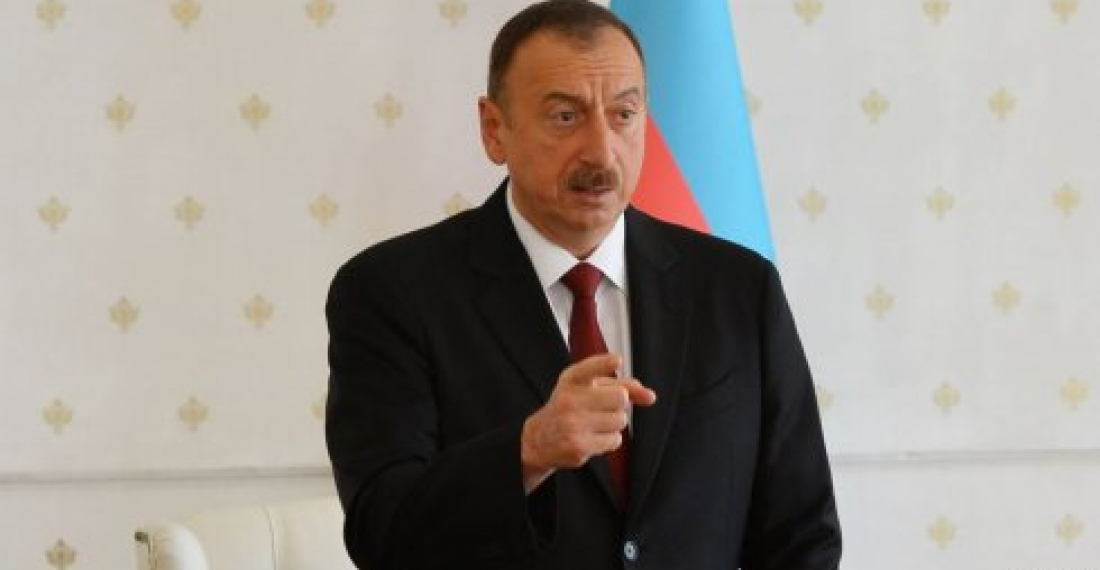Президент Азербайджана Ильхам Алиев поделился своим представлением о том, как можно урегулировать нагорно-карабахский конфликт, и поделился своим мнением о возможном будущем статусе территории. В интервью российскому информационному агентству Спутник, которое приводит азербайджанское агентство АПА, президент сказал, что он видит статус Нагорного Карабаха в качестве автономной республики в составе Азербайджана, в то время как все остальные прилегающие территории в настоящее время оккупированные Арменией должны быть возвращены обратно Азербайджану. Президент отверг любые перспективы того, что Азербайджан согласится на независимость Нагорного Карабаха.
"Разумный компромисс возможен: обеспечение безопасности населения Нагорного Карабаха, их жизнедеятельности, самоуправления, осуществления различных инвестиционных проектов со стороны Азербайджана. И мирное взаимодействие между двумя народами при условии освобождения территорий за пределами Нагорно-Карабахской автономной области, вот так нам видится урегулирование конфликта. Это созвучно с теми предложениями, над которыми сейчас мы работаем, и которые посредники [сопредседатели МГ ОБСЕ] выдвигают", - приводит слова президента Ильхама Алиева агентство АПА.
По словам президента, позиция Азербайджана заключается в том, "что люди, где жили, там и должны жить. Потому что жили они давно там."
По словам президента, не может быть никакого компромисса касательно территориальной целостности Азербайджана, поскольку Баку никогда не согласится на независимость Нагорного Карабаха.
"Мы никогда не согласимся на предоставление Нагорному Карабаху независимости, и армянская сторона прекрасно об этом знает. Но может быть компромисс по вопросам местного самоуправления, самоуправления Нагорно-Карабахского, в будущем, если мы договоримся, это [Карабах] может быть автономная республика. Больше этого компромисса мы предоставить не можем," - добавил он.
На эти слова быстро отреагировали в Степанакерте. Представитель самопровозглашенной Нагорно-Карабахской Республики (НКР) сказал, что заявления Алиева "еще раз демонстрируют, в какой степени Баку не готов к всеобъемлющему и прочному урегулированию конфликта". Давид Бабаян в интервью армянским СМИ сказал, что "это последнее заявление Алиева является деструктивным, и не вызывает ничего, кроме смеха и жалости".
источник: commonspace.eu по материалам АПА
фото: Ильхам Алиев (фото из архива)






